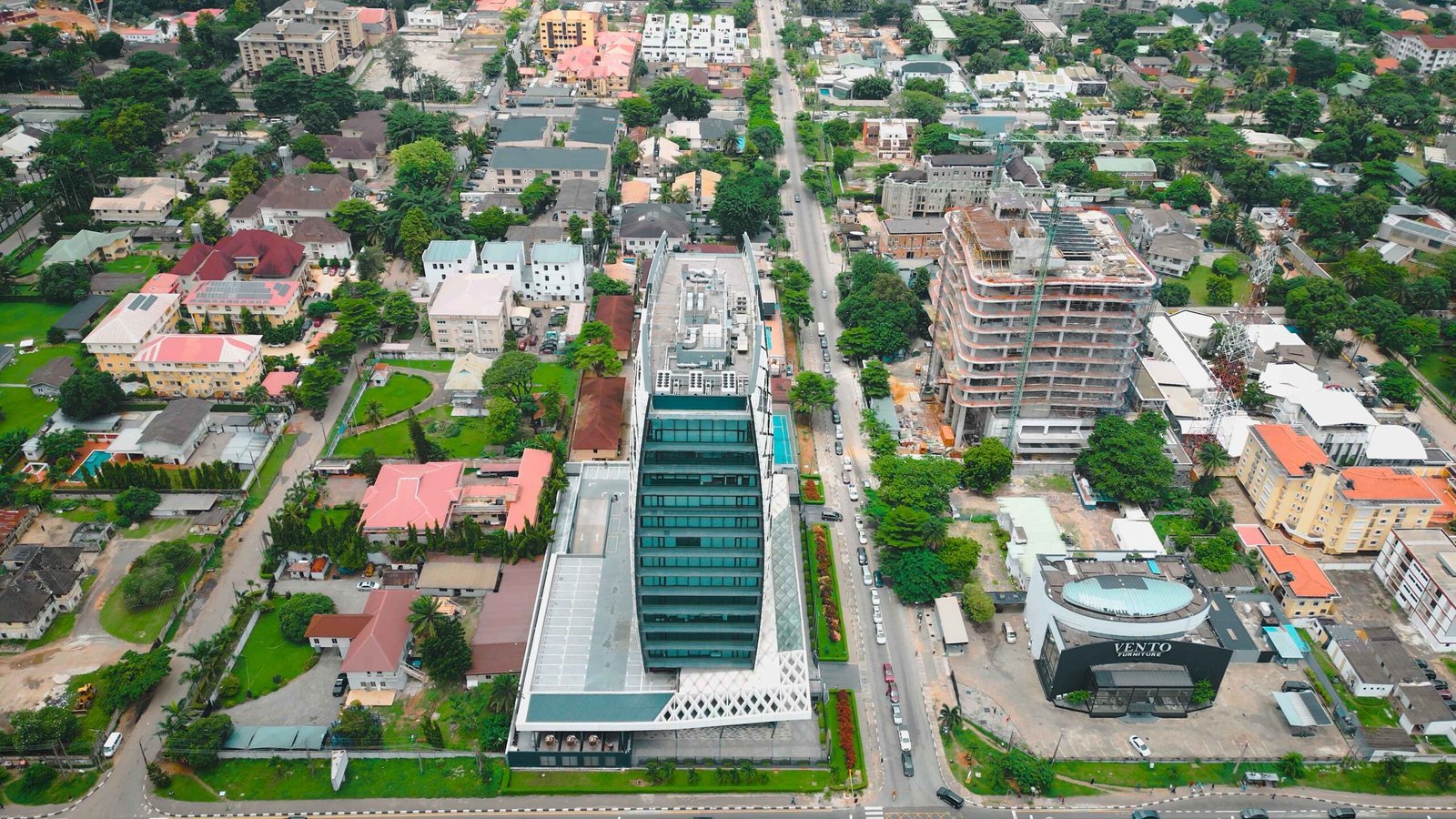How the Economy Affects Commercial Real Estate

The economy has a significant impact on the commercial real estate market, influencing supply and demand, property values, occupancy rates, and investment opportunities. Here’s how the economy affects commercial real estate:
1. Occupancy Rates and Rental Income:
Economic Expansion: During periods of economic growth, businesses tend to expand, increasing their demand for office and retail spaces. This can lead to higher occupancy rates and, consequently, higher rental income for property owners.
Economic Contraction: Conversely, during economic downturns, businesses may downsize or close, leading to increased vacancies and lower rental income.
2. Property Values:
Economic Growth: A strong economy often leads to rising property values, as investors are more optimistic about potential income and future appreciation.
Economic Downturn: In a recession or economic downturn, property values may stagnate or decline due to reduced demand and increased risk perception.
3. Financing and Interest Rates:
Interest Rates: Economic conditions influence interest rates set by central banks. Lower interest rates can make financing cheaper, potentially encouraging real estate investment and development.
Credit Availability: During economic downturns, credit may become less accessible, impacting the ability to finance new projects or refinance existing ones.
4. Consumer Spending and Retail Real Estate:
Consumer Confidence: A robust economy with high consumer confidence often leads to increased retail sales and greater demand for retail space.
Economic Uncertainty: In times of economic uncertainty, consumers may cut back on spending, affecting retail businesses and their need for commercial space.
5. Office Space Demand:
Job Growth: Economic growth is often associated with job creation, which can drive demand for office space as companies expand their workforce.
Remote Work Trends: Economic shifts, such as the growth of remote work, can impact the demand for office space, potentially leading to office space repurposing or reduced leasing.
6. Industrial and Logistics Real Estate:
E-commerce Growth: Economic factors like increased e-commerce activity can boost demand for warehouse and logistics space as companies need storage and distribution facilities.
Supply Chain Disruptions: Economic disruptions, such as trade tensions or supply chain issues, can affect demand for industrial properties.
7. Investment Capital Flows:
Investor Confidence: Economic conditions can influence investor sentiment. In strong economies, investors may be more willing to invest in commercial real estate, while economic uncertainty can lead to capital retrenchment.
8. Government Policies and Incentives: Government policies, including tax incentives, can affect real estate investment. Changes in tax laws can influence property values and investment decisions.
9. Interest in Alternative Asset Classes:
Stock Market Performance: A strong stock market can attract capital away from commercial real estate investments, while a downturn in equities may make real estate a more attractive asset class.
10. Regional Variations: Economic conditions can vary by region, impacting local real estate markets differently. For example, an economic boom in one region may drive increased demand for commercial space, while another region may face economic challenges.
In summary, the state of the economy plays a crucial role in shaping the commercial real estate market. Commercial real estate professionals closely monitor economic indicators and trends to make informed investment and property management decisions. Economic cycles and market conditions are essential factors to consider when assessing the risks and opportunities in the commercial real estate sector.



